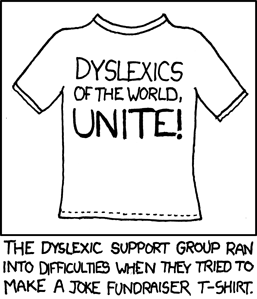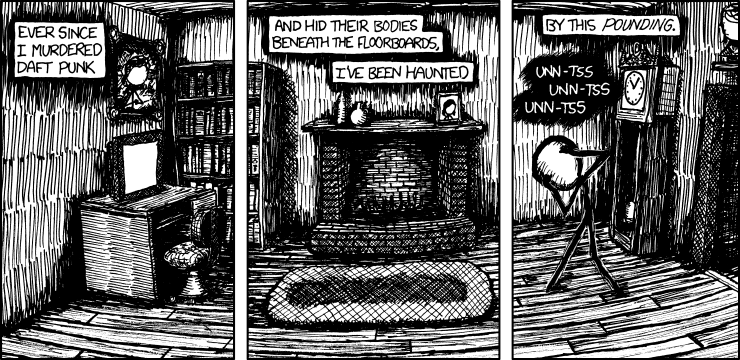Frog Crisis in Greece
It's bad enough to have to weather a disastrous economic crisis, but now the Greeks are faced with a frog crisis. Millions of migrating frogs — a veritable carpet of the slippery, slimy fellows — have closed down a major Greek highway near Thessaloniki.
I believe that the usual word for "frog" in modern Greek is batrachos, but all of Greece is referring to the current batrachian horde with the Biblical word tzfardei'a. In so doing, I suppose they wish to recall the Biblical plague of frogs that God inflicted on Egypt (the second of ten plagues that he sent against the Egyptians). In fact, the plague of frogs was meant as an attack on the Egyptian frog goddess Heqt, whose job it was to assist women in labor.
Read the rest of this entry »




